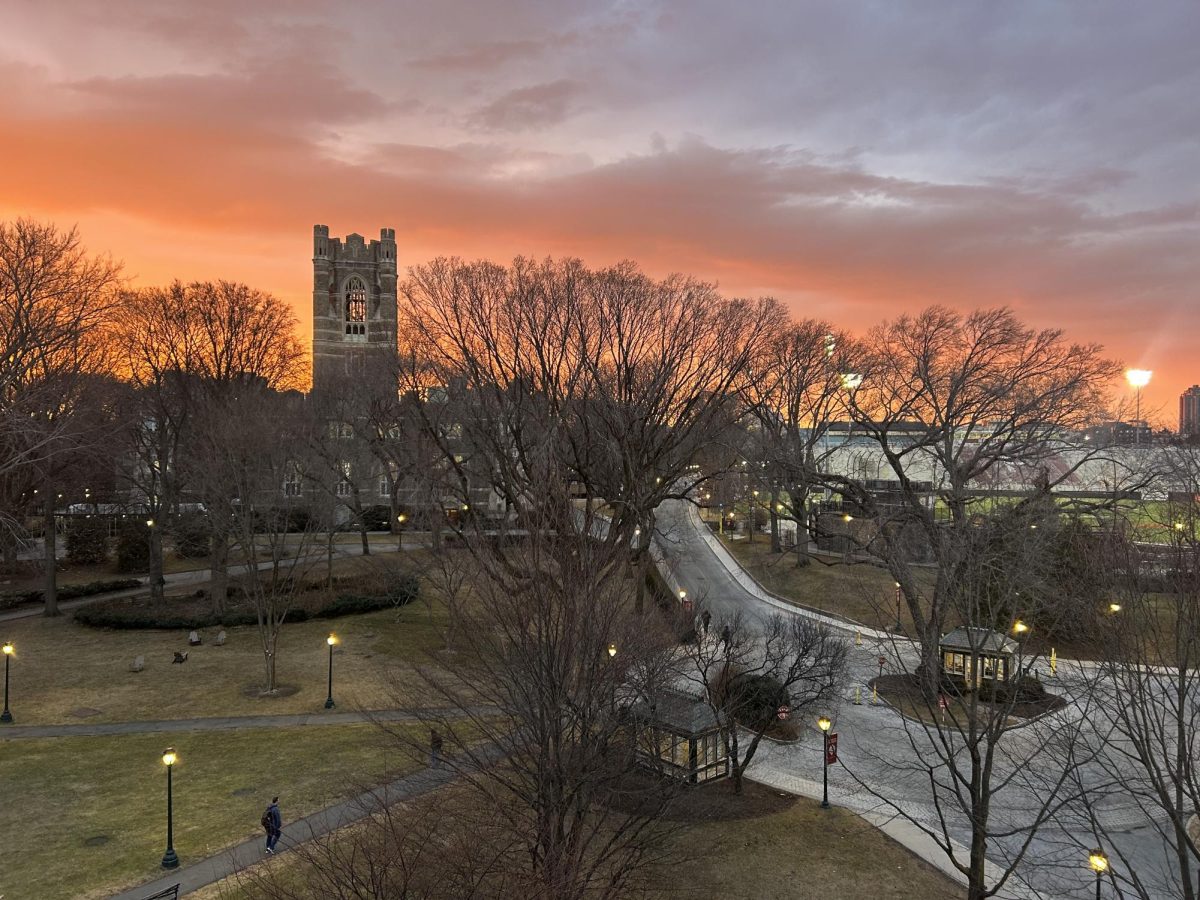
By The Editorial Board
In the past few years, United Student Government elections have varied in their ability to stir debate and invoke student interest. Still, most have produced promising leadership for student government on campus, including last year’s contested race, which ended with a successful bid from Nevin Kulangara, GSB ’15, and Sarah Skrobala, FCRH ’15, who ushered in a year of several successful initiatives.
This year kicked off with an exciting, if unsuccessful, attempt to make Fordham the stage for a governor’s debate. The formation of the Sexual Misconduct Task Force rode the wave of combatting sexual violence in colleges and universities and increased awareness on our own campus. Efforts to increase sustainability also have demonstrated USG’s ability to focus on an array of issues on campus. Other issues — like communication with students and budget guidelines — have also seen much-needed attention from our student representatives. And, though still in its infancy, USG’s Center Stage series has the potential to lift the voices of those students who would not speak out otherwise.
While this year’s number of uncontested positions has the potential to put a damper on the group’s image around campus, there is little reason to believe that it detracts from the two students running for the top leadership roles, Ashley Domagola, FCRH ’16, and Nicholas Sawicki, FCRH ’16.
Both bring the much-needed experience (five years in all) and have a wide-range of experience both on USG and beyond.
Domagola has been involved with USG since her freshman year and has worked under three different administrations. She also oversees the House Committee — a third-party arm of USG that has the potential to be a valuable resource for students regarding free speech-related issues, should they arise.
Sawicki not only serves as chairman of the Dean’s Council of FCRH, he is also co-chair of the Sexual Misconduct Task Force and the founding Chair of the External Committee on International Integration. Additionally, Sawicki serves as the student representative to the FCRH College Council, where he sits alongside the associate chairs of the academic departments within Fordham College.
The issues they have prioritized are essential, but far from lofty. They have the potential to improve the lives of students in ways big and small.
The two want to see student representation on the Board of Trustees and strengthened ties with the Bronx Community. They also want to ensure a more accessible Collins Auditorium. Additionally, Domagola and Sawicki are looking to amplify the student group’s voice on campus. Though a perennial talking point, they have suggested more fluid ways to communicate with the student body.
As Kulangara and Skrobala (both seniors) step down from their roles, few should be dissuaded from voting because of the number of uncontested race, including the one for the executive ticket. Voting for Domagola and Sawicki — and casting their votes for those races that are contested — can culminate into a strong nudge of support of the two candidates.
With the current discourse on campus mounting to serious debates that posed real questions about Fordham’s future, students deserve a student government just as motivated and ambitious as those they represent.




































































































































































































